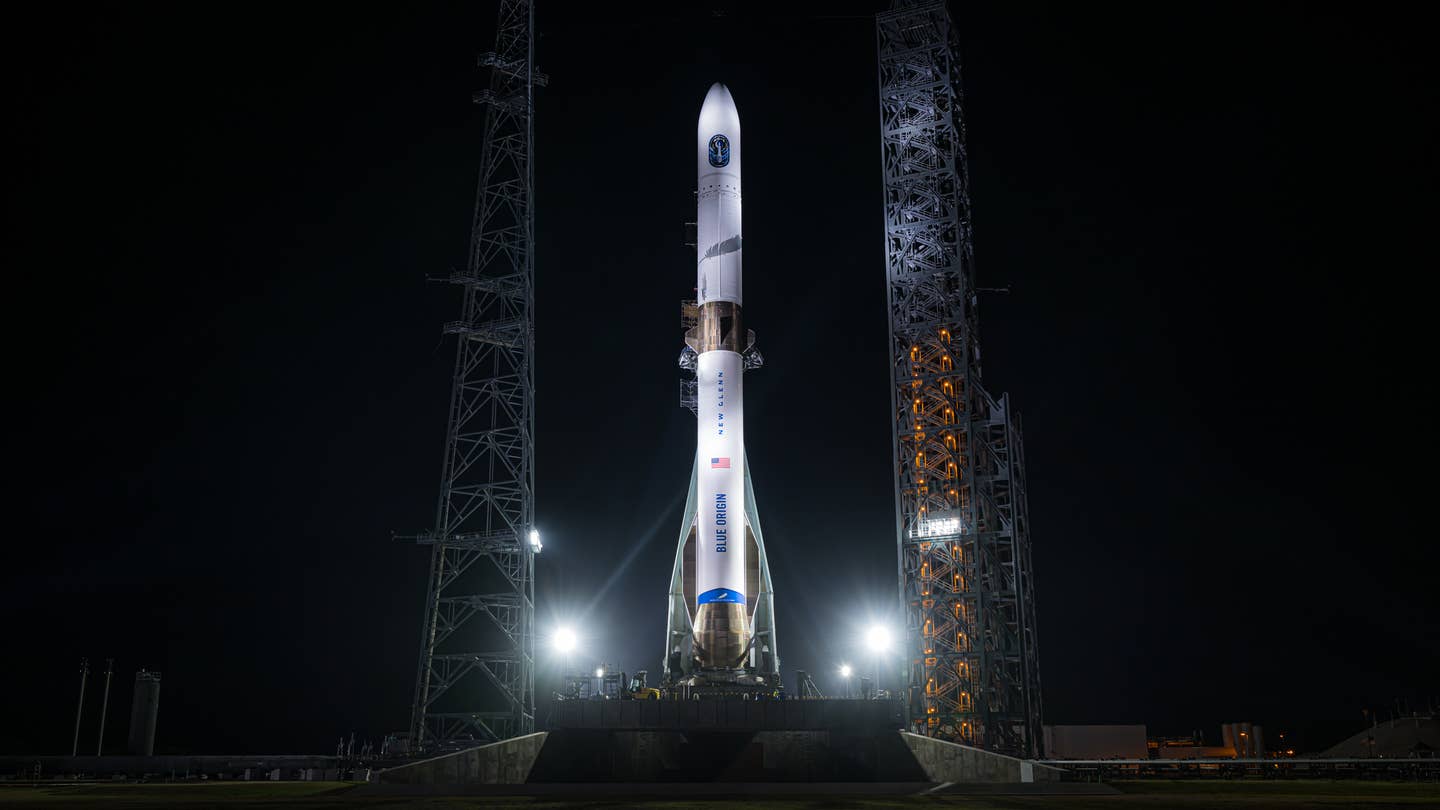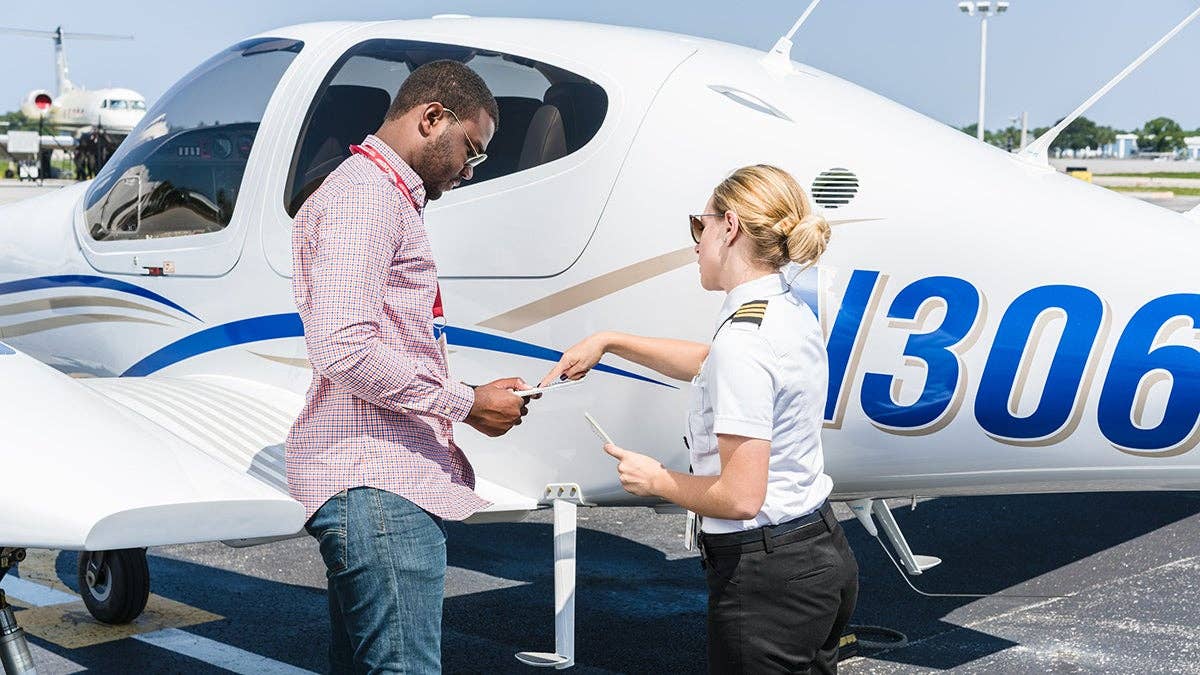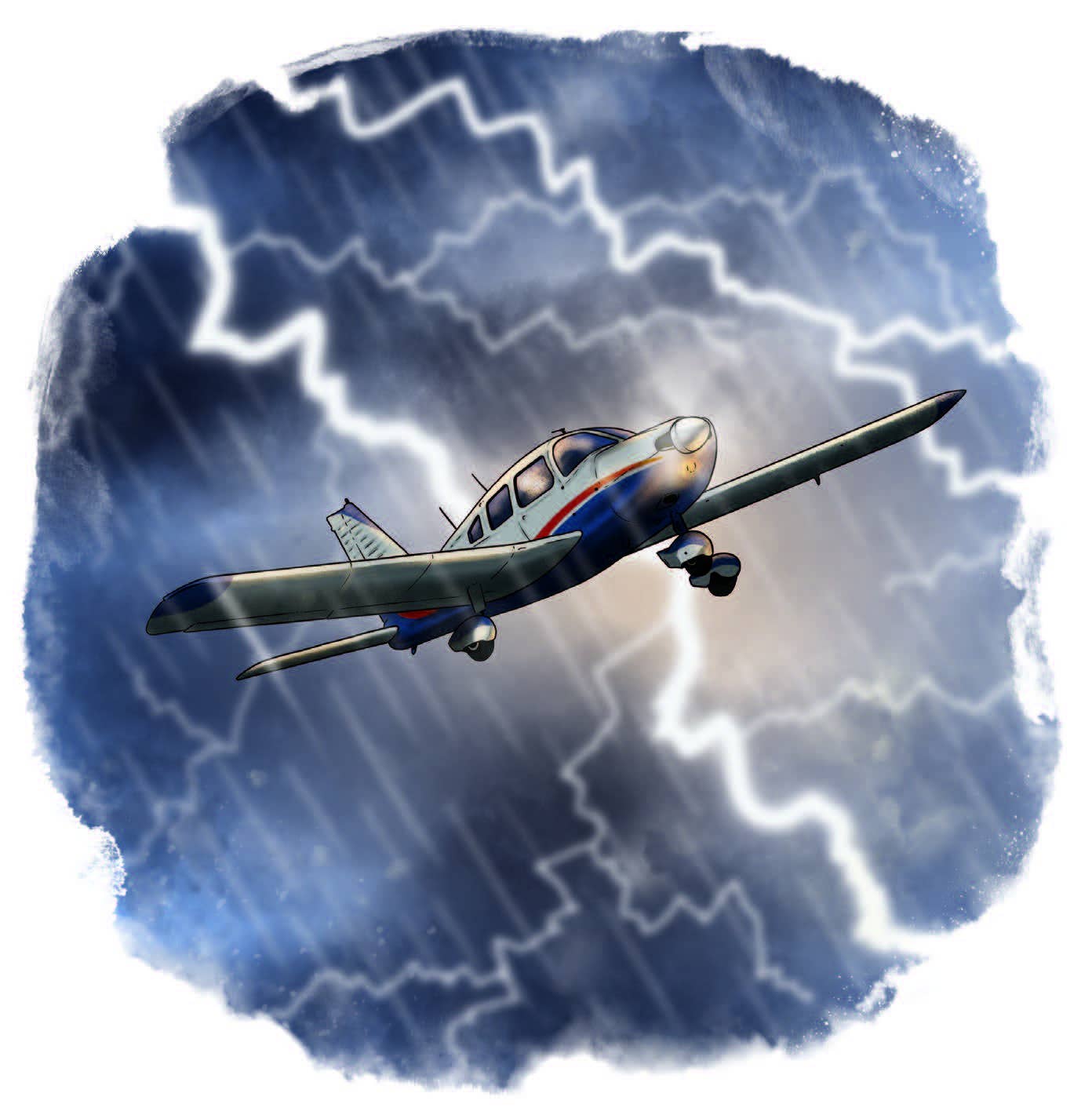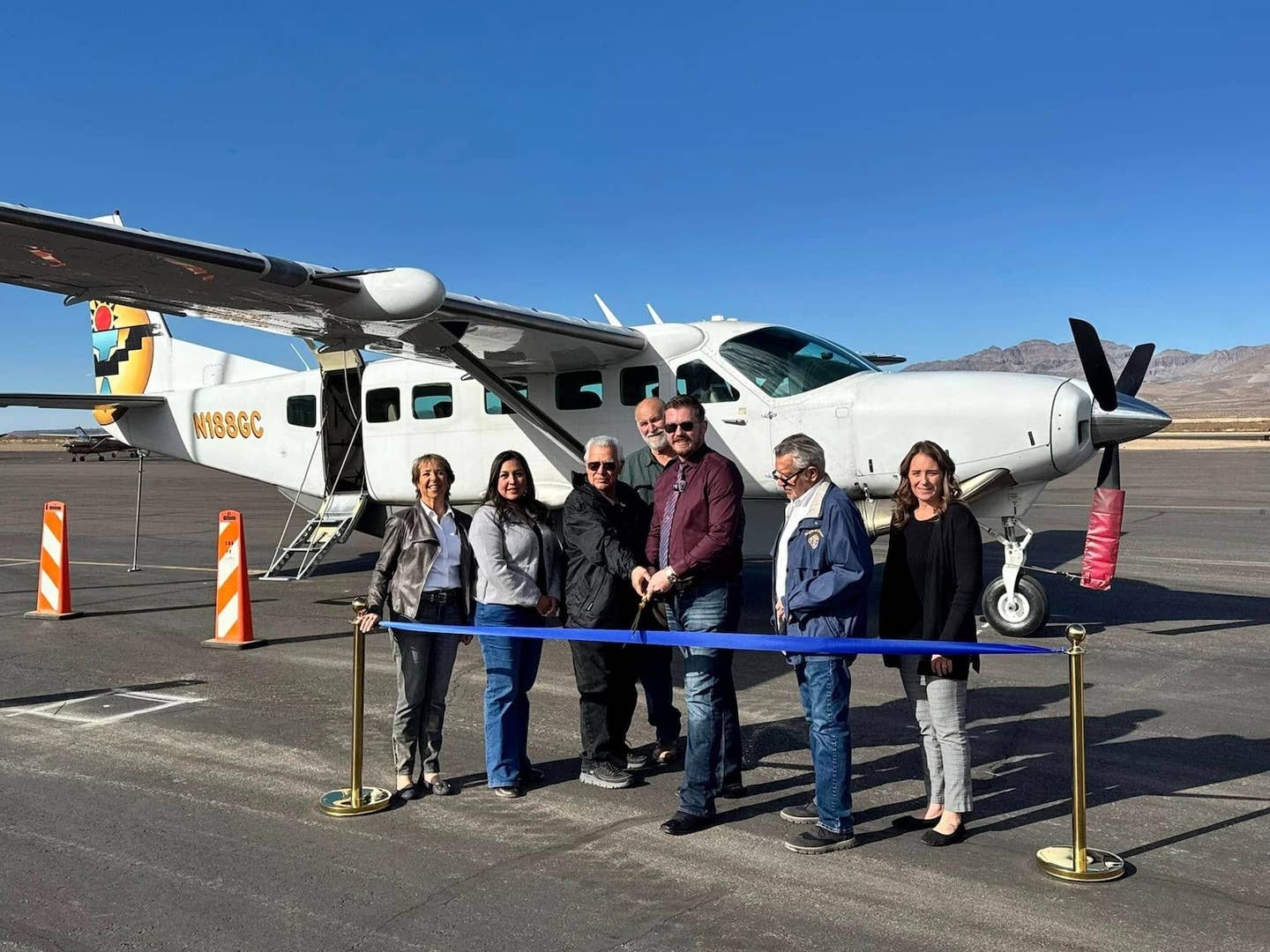
The new Know Before You Fly campaign wants new drone users to understand and follow laws. FAA
A few weeks ago, a Frontier Airbus A320 on approach to Las Vegas was overflown by a hobby drone, action that was captured by the UAS' camera and later uploaded to the Internet. The aviation industry was not amused, nor were pilots, safety advocates and of course the FAA, which is investigating the incident.
Realizing that stunts like the one, as well as another in Chicago a few weeks later, could put a serious damper on the fledgling industry, the nation's leading unmanned aircraft systems (UAS) stakeholders, led by the Academy of Model Aeronautics (AMA), launched a initiative to educate the public about existing drone laws and the consequences should pilots ignore them.
The advertising campaign — Even the Sky Has Limits: Learn the Drone Laws — is targeted at consumers who have recently purchased or have an interest in drones. The focus is to educate new and seasoned drone pilots about the two options to fly legally and that these laws apply to everyone operating a drone for recreational, educational or commercial purposes. Rich Hanson, president of AMA, said “With drones becoming more popular every day, it is critical for the UAS community, the FAA and Congress to require people to follow these laws and hold them accountable if they don’t.”
The default law for drone pilots, is FAA Part 107, also known as the Small UAS Rule that requires a drone operator to obtain a Remote Pilot Certificate from the FAA. Any pilot can operate under Part 107.
The second option and the only exception to Part 107, is the Special Rule for Model Aircraft, which is codified in FAR Part 101. It requires drone pilots to be an active participate in and to follow the safety programming of a community-based organization such as AMA. This option is not available to anyone flying for commercial purposes. Importantly too, all drone pilots must register with the FAA.
The Know Before You Fly website also carries an ominous warning. “Anyone flying in a careless and reckless manner could face civil and criminal penalties, as well as jail time. The FAA could fine you up to $27,500 in civil penalties and or up to $250,000 in criminal penalties.
The campaign is funded by AMA, with support from the Consumer Technology Association (CTA), Association of Unmanned Vehicle Systems International (AUVSI), the Toy Association, the Experimental Aircraft Association (EAA), the Aircraft Owners and Pilots Association (AOPA) and the American Association of Airport Executives (AAAE).

Sign-up for newsletters & special offers!
Get the latest FLYING stories & special offers delivered directly to your inbox






